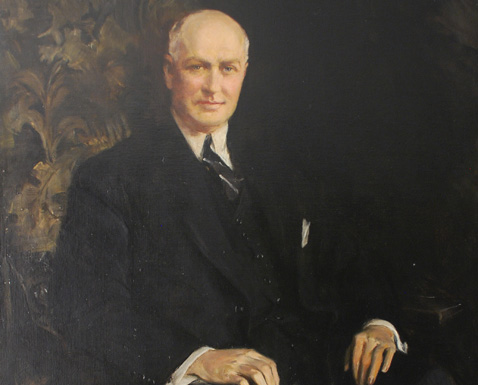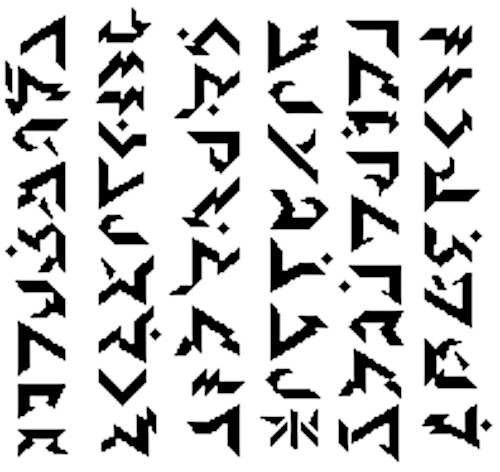
forgettery
n. a faculty or facility for forgetting; faulty memory
ascesis
n. the practice of self-discipline
retrospection
n. the action, process, or faculty of looking back on things past
evanid
adj. liable to vanish
“King Darius, so as not to forget the harm he had received from the Athenians, had a page come every time he sat down to table and sing three times in his ear: ‘Sire, remember the Athenians.'” — Montaigne
Cato the Elder ended each speech with the phrase Carthago delenda est, “Carthage must be destroyed.”
Tertullian observed that a slave was stationed in the chariot of a triumphant Roman general to whisper in his ear, “Remember that you are human.”
A nomenclator was “a slave with a good memory who accompanied a public figure when he went out and whispered in his ear the name of anyone important he was about to meet.” (Anthony Everitt, Cicero)
Much later, Franklin Roosevelt’s campaign manager, James Farley, would keep a file on everyone Roosevelt met so that the candidate might later ask after a spouse or child. Modern politicians maintain “Farley files” for the same purpose.



